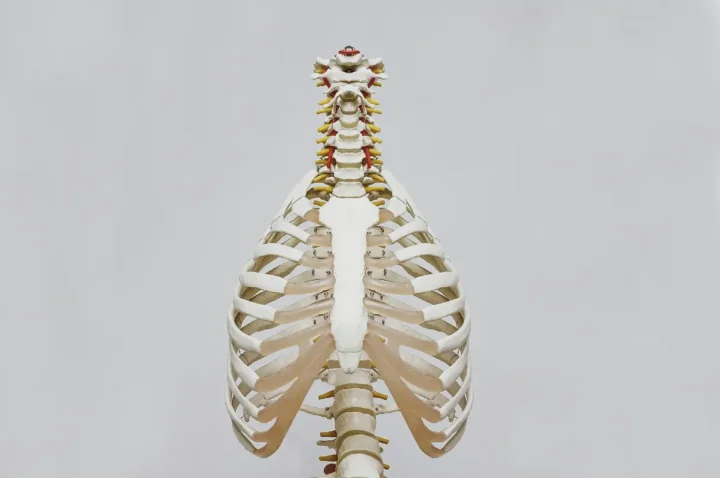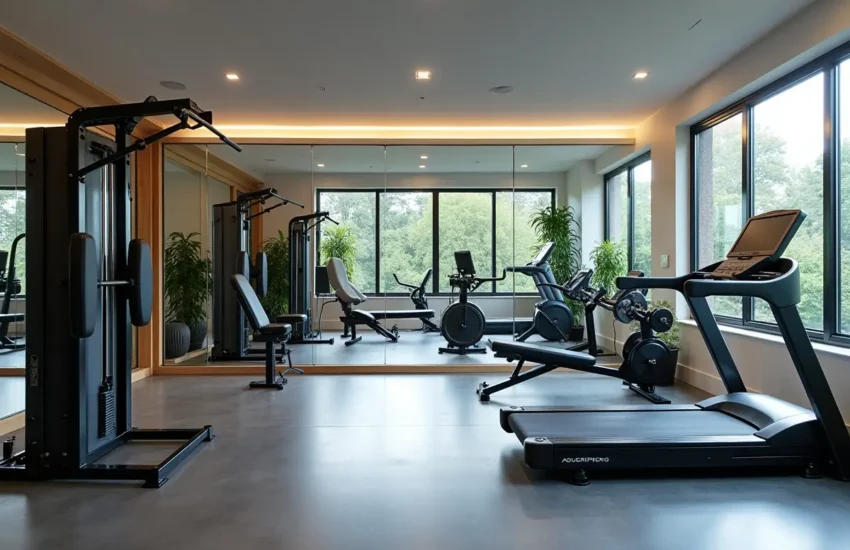What Should You Expect from Osteoporosis Classes?
Living with osteoporosis or being at risk for it can seem insurmountable. So much knowledge is available, including how to maintain strong bones, prevent fractures, and remain active without endangering harm. Osteoporosis courses fit in there. Joining a class can be a wise and empowering action whether you have been recently diagnosed or simply wish to remain educated.
But what exactly happens in these sessions? And how can they help you manage your bone health? This article will break it down for you. Read on to find out.

A Safe, Supportive Learning Environment
Osteoporosis classes are usually held in hospitals, community centres, or wellness clinics, and they’re led by health professionals like physiotherapists, nurses, or dietitians who specialize in bone health. From the get-go, you can expect a welcoming space where your questions and concerns are taken seriously.
Whether you’re in a group class or one-on-one setting, the environment is designed to support, not scare you. You’ll meet others who may be in similar situations, which can help reduce feelings of isolation. There’s something incredibly reassuring about learning you’re not alone in your journey.
Understanding Osteoporosis 101
Among the first topics addressed in class is the what and why of osteoporosis. You will learn about bone weakening over time, calcium and vitamin D functions, and risk factors such as family history, lifestyle choices, menopause, and aging.
This portion of the class gives you the big picture: how osteoporosis develops and what you can do to slow it down or prevent it. The instructors typically use simple, clear language, so no medical degree is needed to keep up.
Nutrition for Stronger Bones
Bone health is greatly influenced by food. Anticipate a session (or two) focused on nutrition. You will learn how to add them to your everyday diet and which foods are high in vitamin D and calcium. Often emphasized are whole foods including fish, seeds, almonds, dairy, and leafy greens.
You might also learn what to avoid or consume in moderation like caffeine, excessive alcohol, and salty foods, which can affect how your body absorbs calcium. Some classes even include easy-to-follow meal plans or recipes to help you make better food choices at home.
Safe and Effective Exercise
Exercise is a cornerstone of osteoporosis prevention and management but not all exercises are created equal. The class will cover movements that are bone-friendly, such as low-impact weight-bearing exercises, posture-improving stretches, and balance training.
The goal is to help you maintain strength and coordination, reduce your risk of falls, and keep your bones stimulated for growth. You may even practice simple routines during class so you can feel confident doing them on your own. Instructors often provide handouts or videos to support your home exercise routine.
Lifestyle and Fall Prevention Tips
Beyond food and fitness, osteoporosis classes often dive into daily habits that can protect your bones. This includes fall-proofing your home, using assistive devices if needed, wearing the right footwear, and staying mindful of your posture and movements.
Some programs also touch on how to talk to your doctor, manage medications, or incorporate supplements into your routine if recommended.
Why These Classes Matter
Osteoporosis classes aren’t just about facts and figures, they’re about taking control of your health and feeling empowered to make better decisions every day. They equip you with tools, not fear, and help you take actionable steps toward stronger bones and a safer lifestyle.
If you would like to join, you can check ONERO™ Program in Darlinghurst. The more you understand your body, the better you can protect it. Plus, you’ll meet experts and fellow learners who’ll walk the journey with you.


